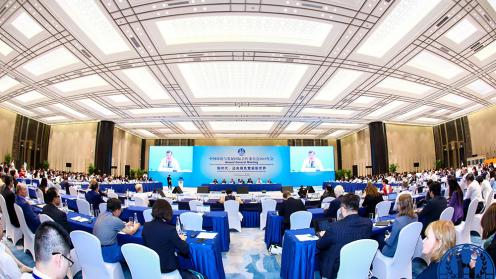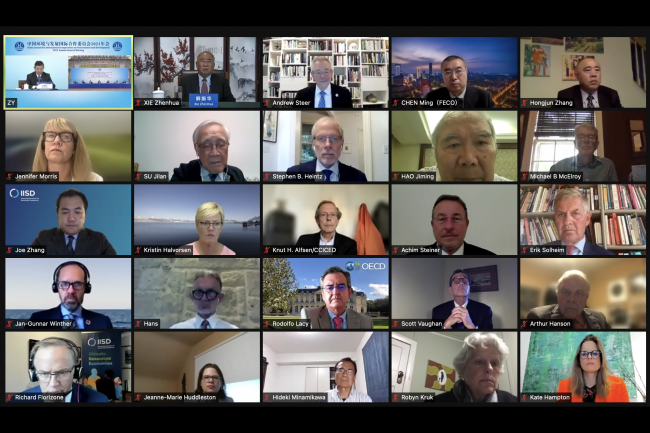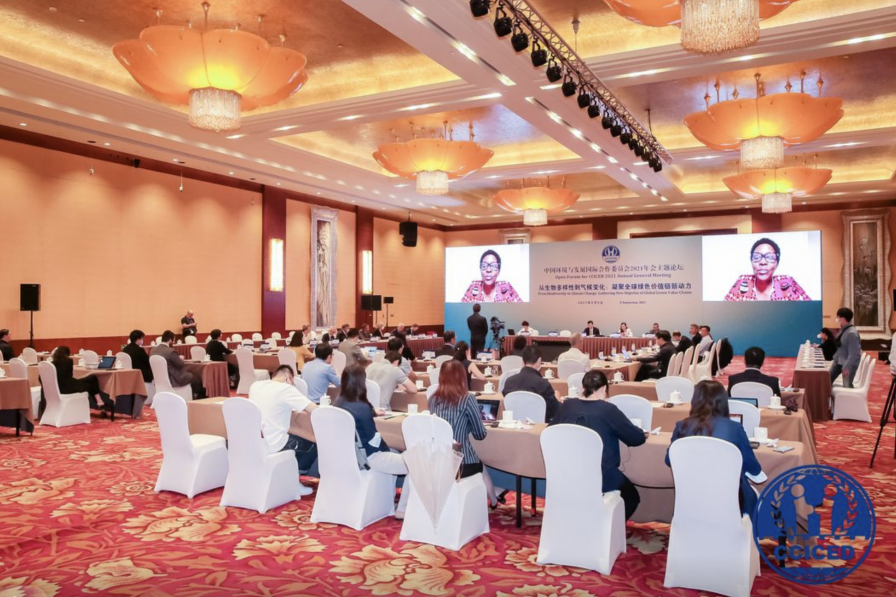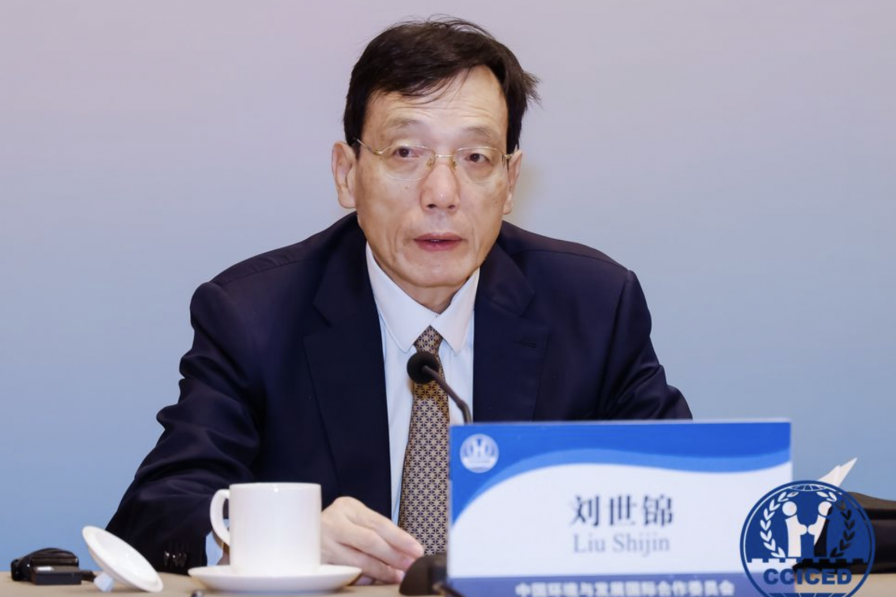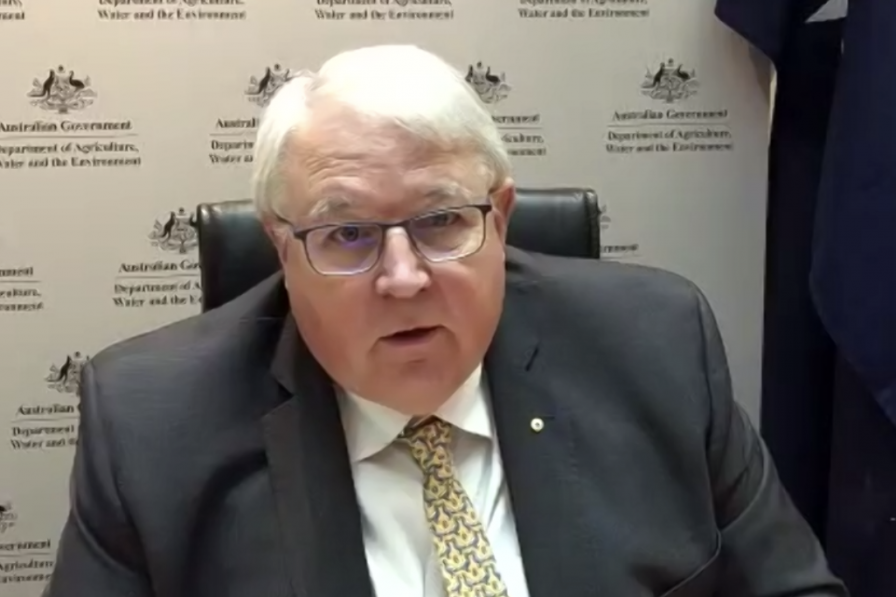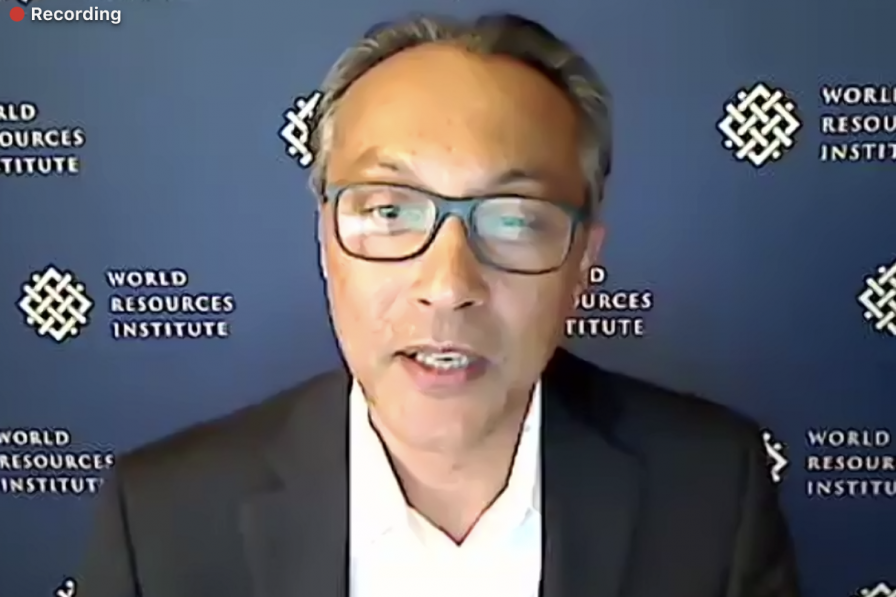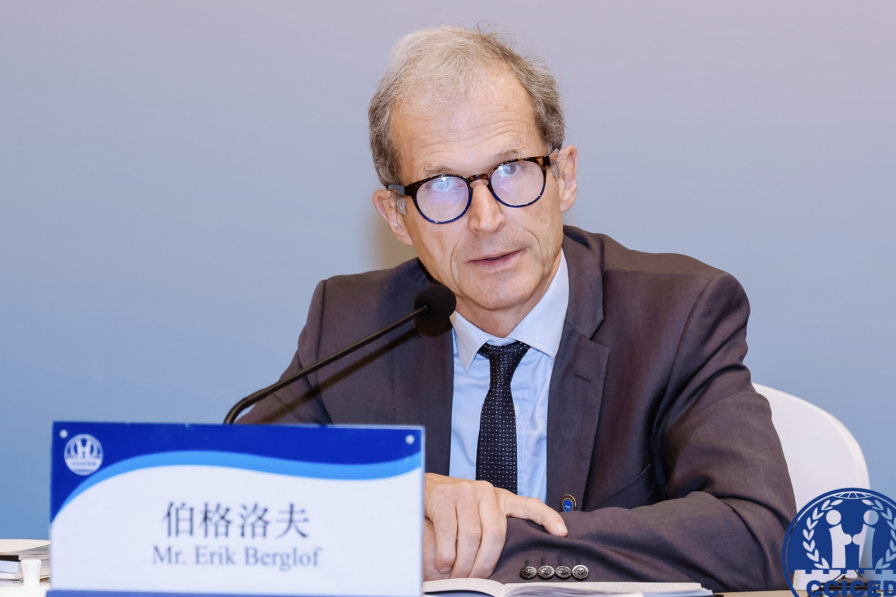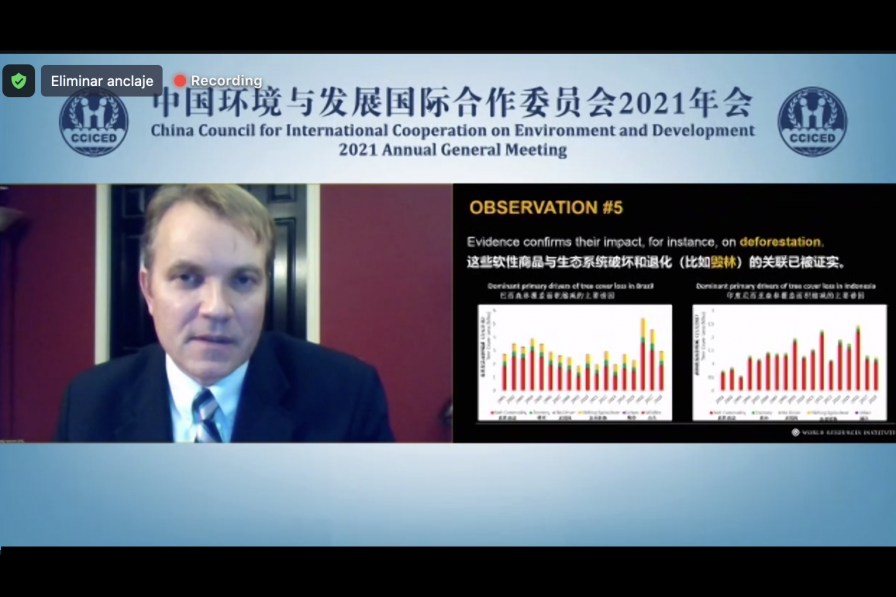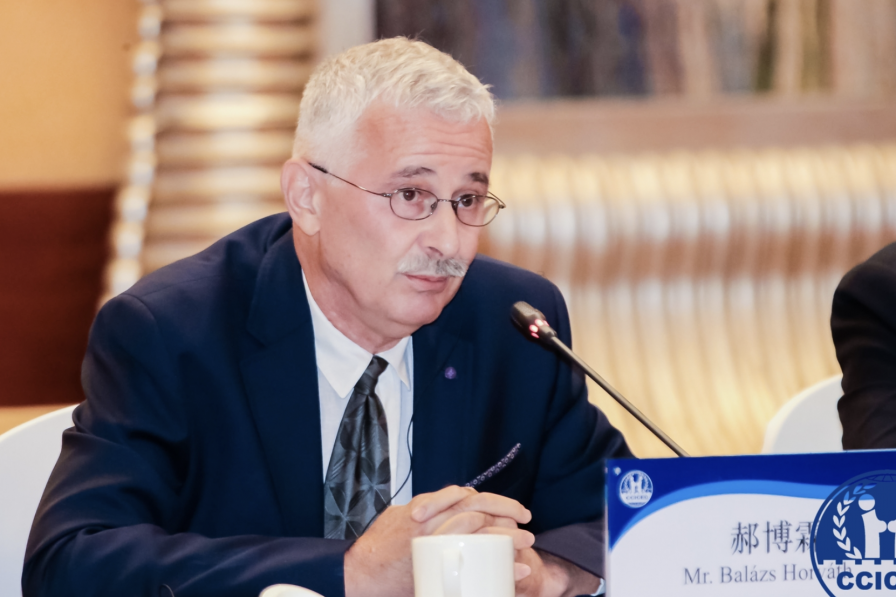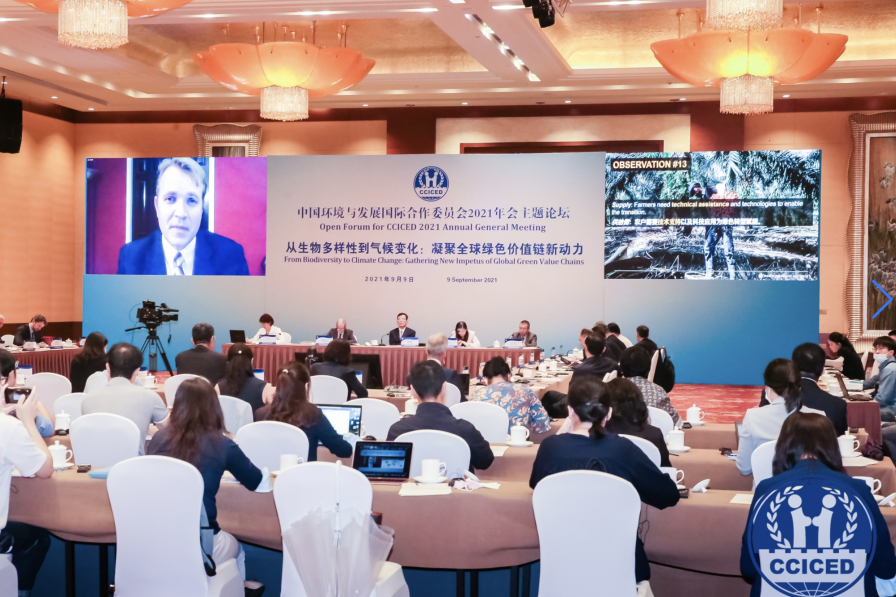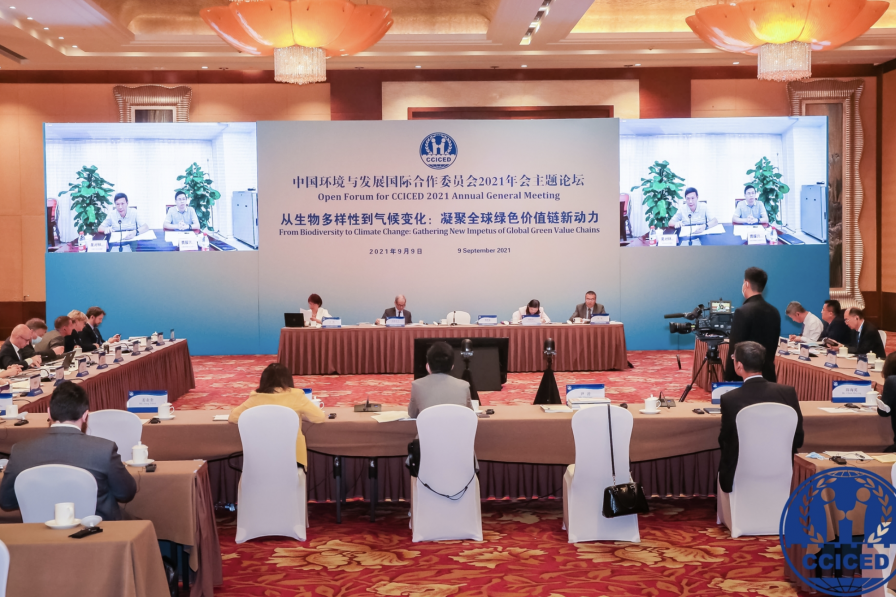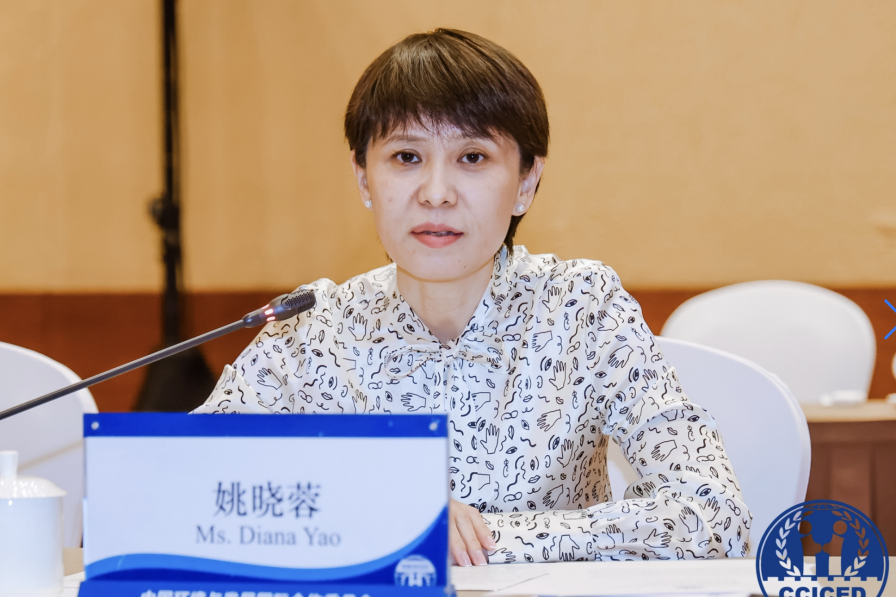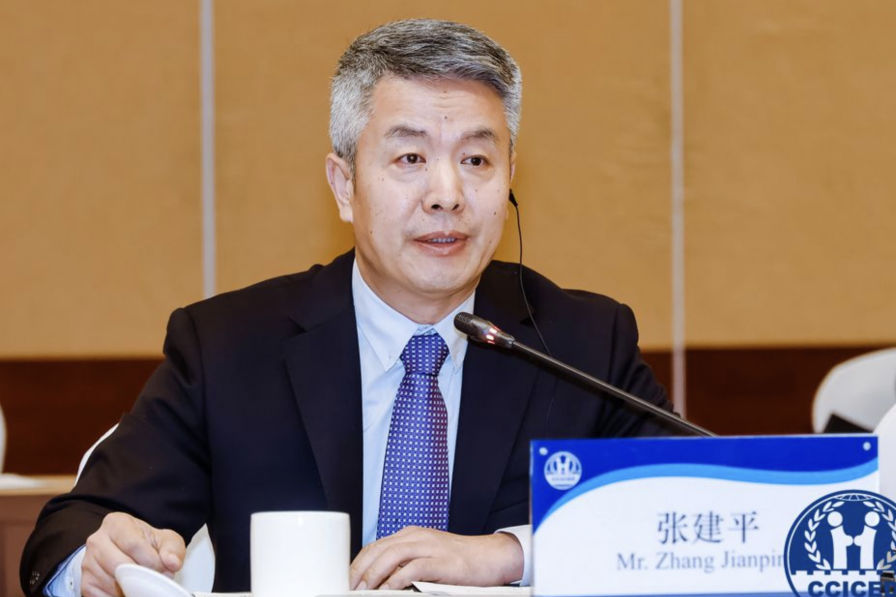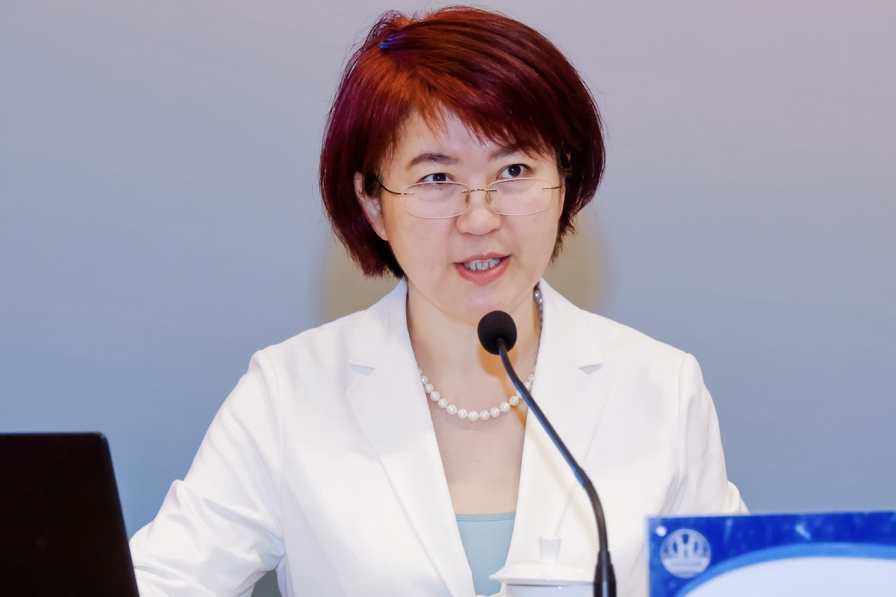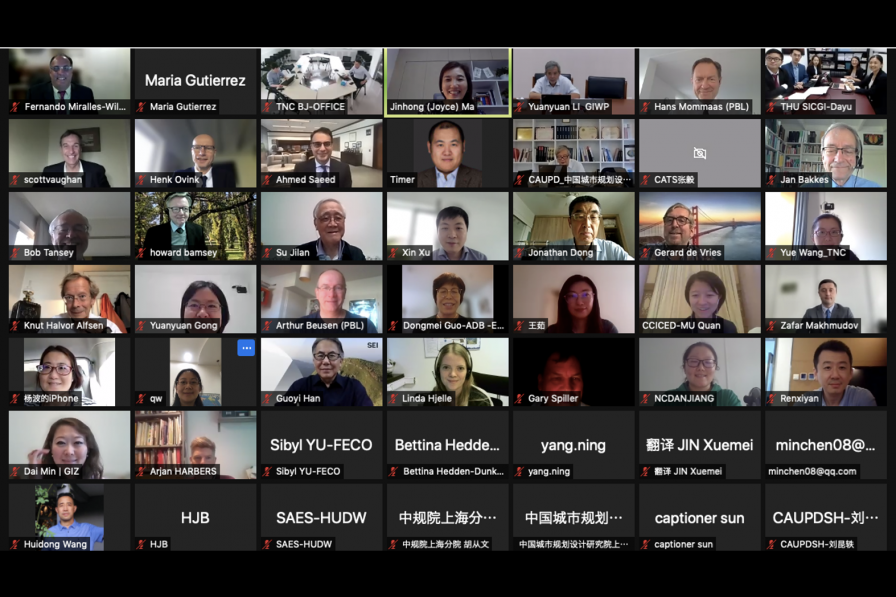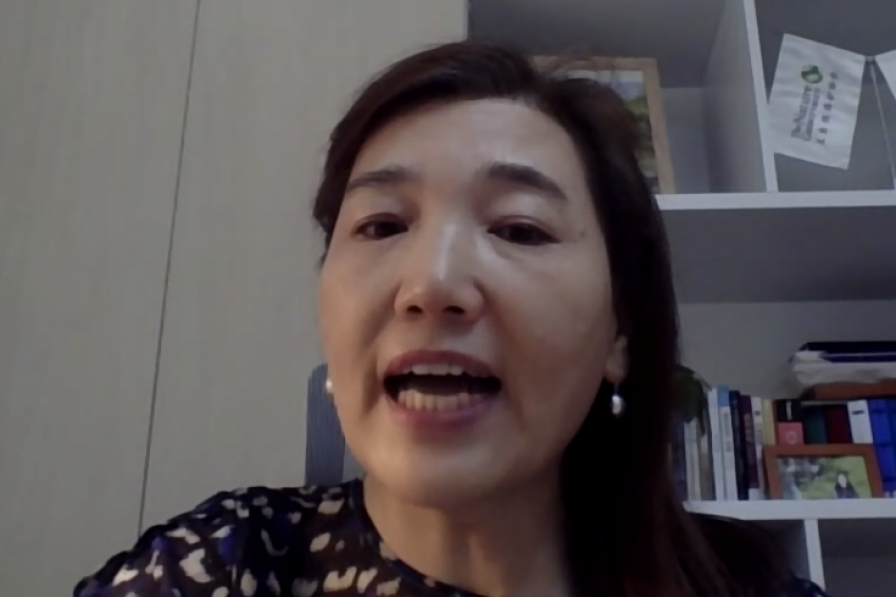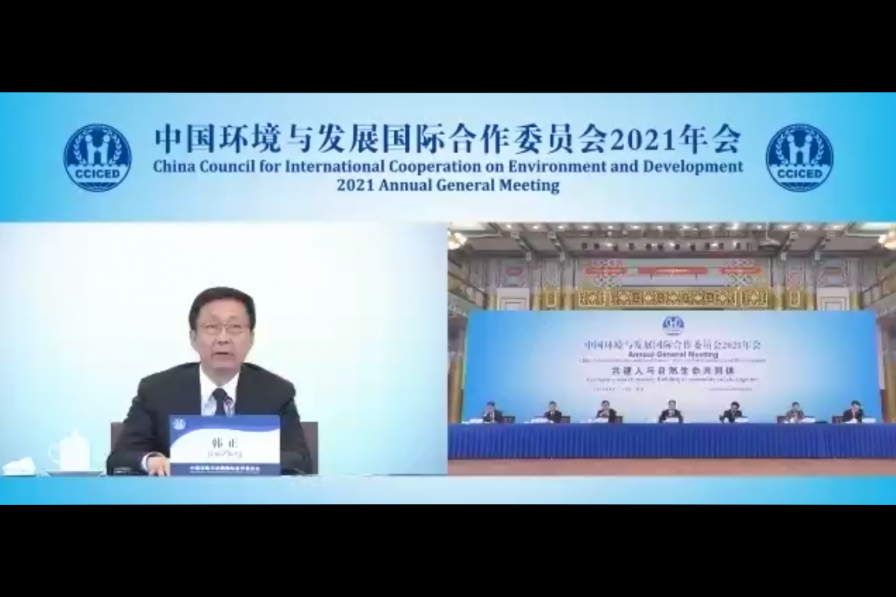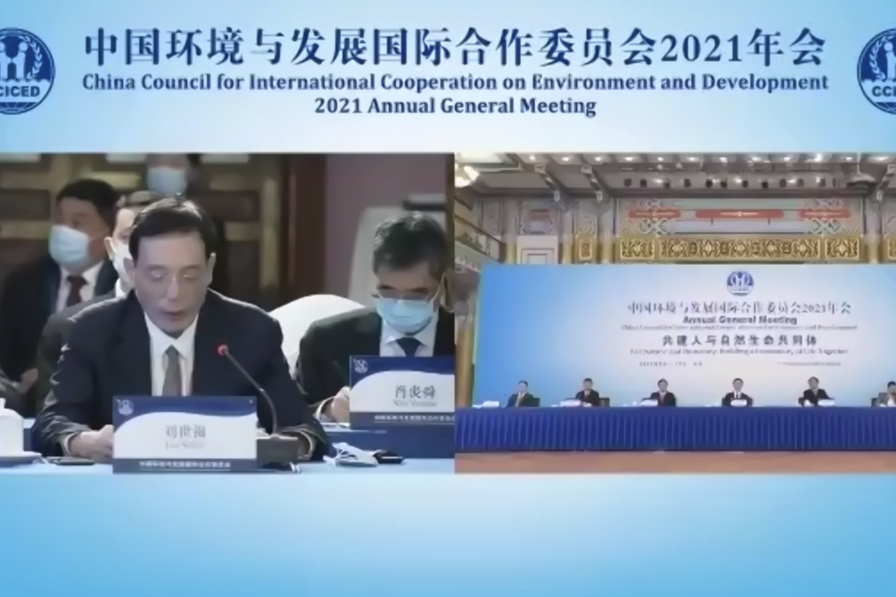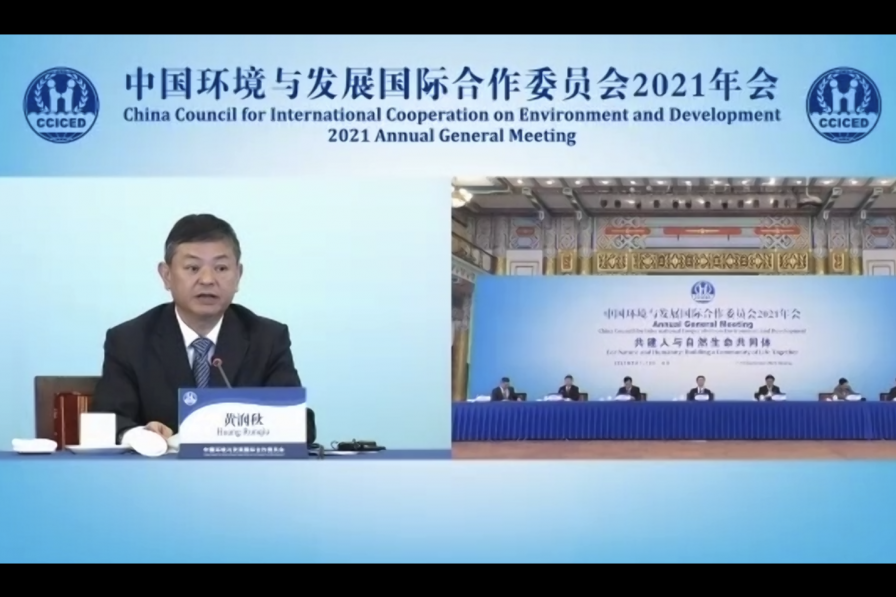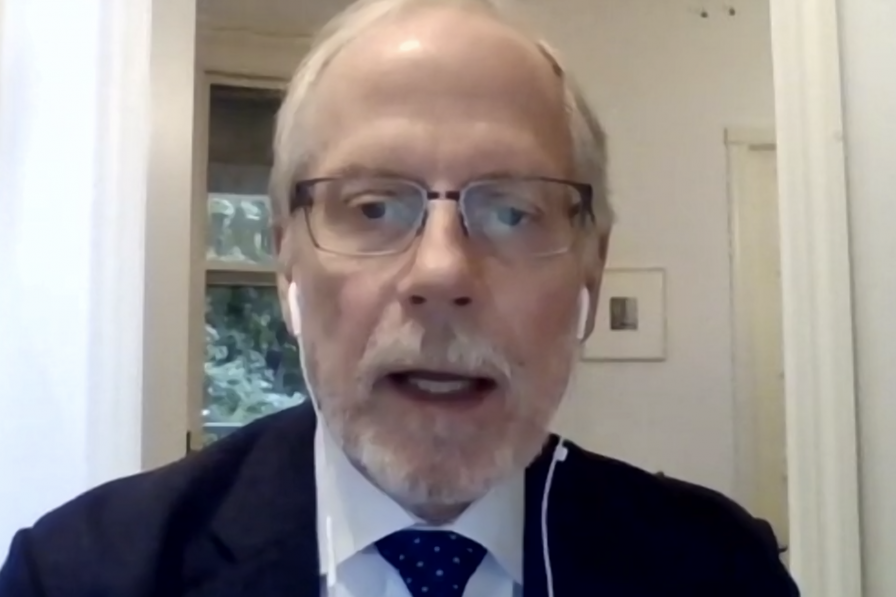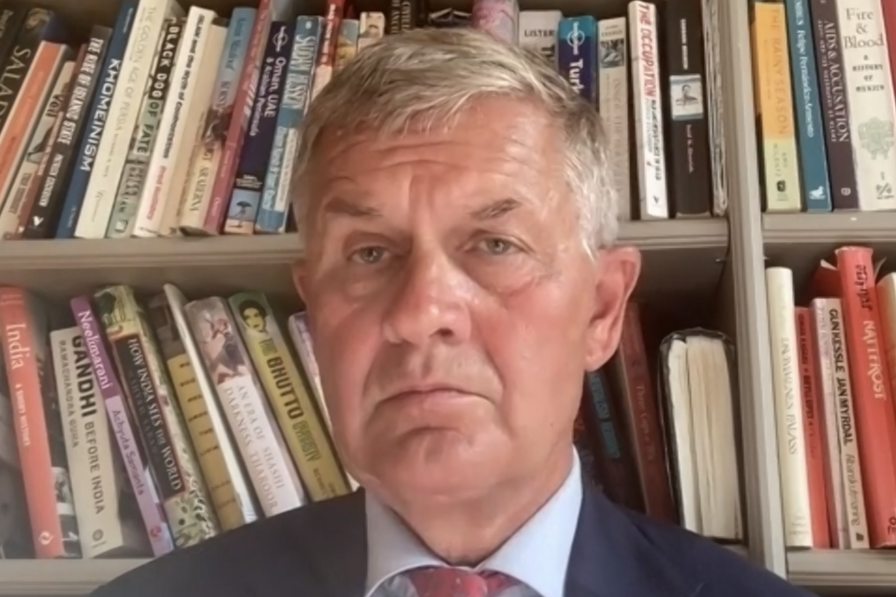On Thursday, participants in the 2021 Annual General Meeting (AGM) of the China Council for International Cooperation on Environment and Development (CCICED) gathered for the final sessions of the meeting.
In the morning, stakeholders joined an open forum entitled “From Biodiversity to Climate Change: Gathering New Impetus of Global Green Value Chains.” This session, jointly organized by the World Resources Institute (WRI) and the Foreign Environmental and Cooperation Center of China’s Ministry of Ecology and Environment, addressed: top-level design and international coordination mechanisms; guarantee and incentive mechanisms; and the role of green value chains in the global biodiversity and climate change agendas. Several stakeholders underscored that green value chains are safer, more secure, and more profitable than traditional value chains, as they not only contribute to sustainability goals but are better able to withstand shocks. One noted that the recent shocks to supply chains caused by the COVID-19 pandemic will pale in comparison with the potential problems that will be caused by the interlinked challenges of biodiversity loss and climate change. Contributors to the discussion included representatives of major multinational businesses, think tanks, and non-profit organizations.
In the afternoon, stakeholders joined a second open forum focused on “Managing River Areas in Times of Climate Change.” This session, jointly organized by The Nature Conservancy and the PBL Netherlands Environmental Assessment Agency, was motivated by the lack of policy attention to the impact of climate change and other stressors on river systems. Participants considered five principles for country-level action that could structure Chinese or CCICED input during the UN Water Decade Conference scheduled for 2023. During the session, contributors also emphasized: the importance of scenarios given changes and uncertainty; current innovative work, in particular on nature-based solutions; and river basins as strong foundations for real policy integration.
The closing plenary session of the 2021 AGM was held in the evening, with an array of sustainable development thought leaders expressing appreciation for the work of the CCICED and the opportunity to participate in this "exciting, influential and collaborative" platform. Several reiterated key recommendations arising from the CCICED’s policy research dialogues and open forum discussions throughout the week, reinforcing the importance of China’s leadership in integrating action to support both nature and development. CCICED Chair Han Zheng, Vice Premier of the State Council, wrapped up the AGM, expressing gratitude to all participants for their contributions to the work of the CCICED. He reiterated the Chinese Government’s commitment to building an ecological civilization that facilitates harmonious coexistence of humankind and nature, outlined successes to date, and said China will continue working to implement a new development paradigm. He noted that the government has officially approved CCICED Phase VII, and looked forward to future recommendations arising from the Council’s work and partnerships.
Huang Runqiu, CCICED Chinese Executive Vice Chairperson, thanked participants and called for continued collaboration to make CCICED a leading science-based advisory platform. He closed the meeting at 9:12 pm (UTC+8).
On Friday, 10 September, CCICED will hold a morning press conference outlining AGM outcomes. In the evening, the CCICED Chief Advisors and Co-Leaders of the Special Policy Studies will present their research. Please return to this site for coverage of these events.
Open Forum: From Biodiversity to Climate Change: Gathering New Impetus of Global Green Value Chains
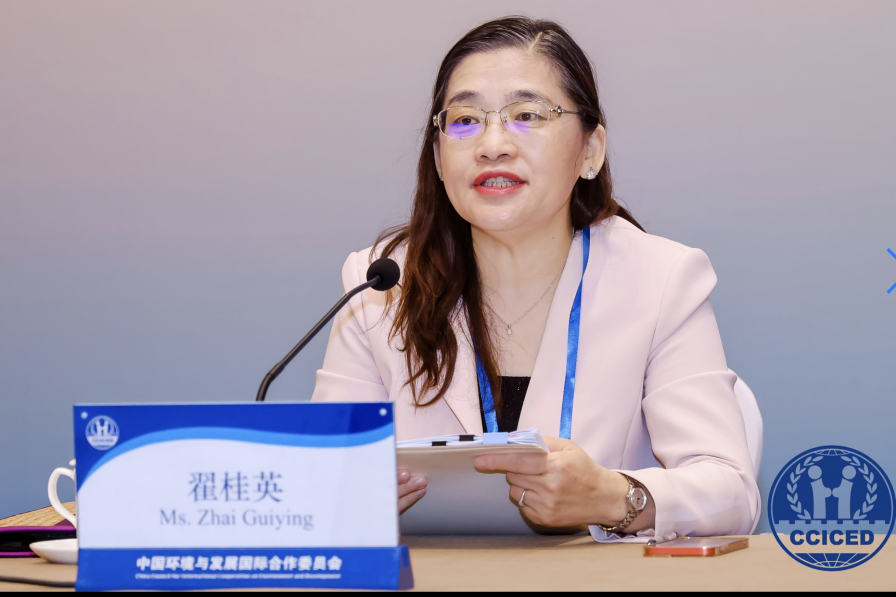
Zhai Guiying, Deputy Director General, Foreign Environmental and Cooperation Center, Ministry of Ecology and Environment, China
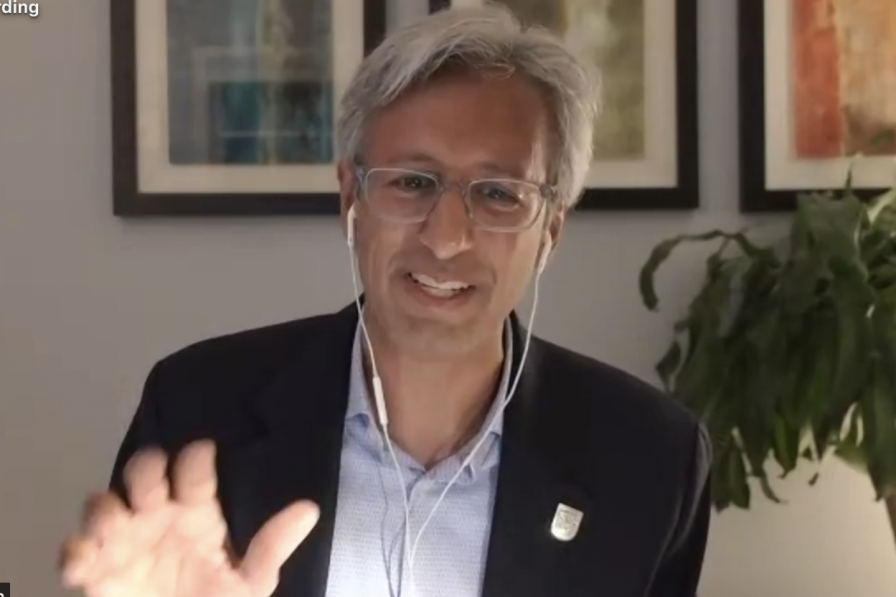
Manish Bapna, CCICED Special Advisor, International Team Leader of the Special Policy Study on Global Green Value Chains, and President and CEO, Natural Resources Defense Council
Challenges and Opportunities for Synergies of Global Green Value Chain, Climate Change and Biodiversity Agendas (Top-level Design)
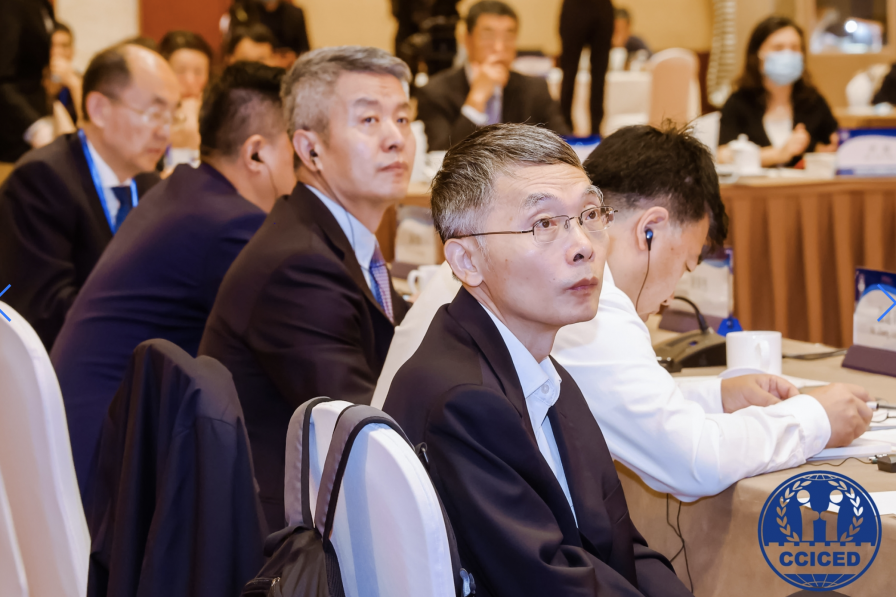
Participants during the session on Challenges and Opportunities for Synergies of Global Green Value Chain, Climate Change and Biodiversity Agendas
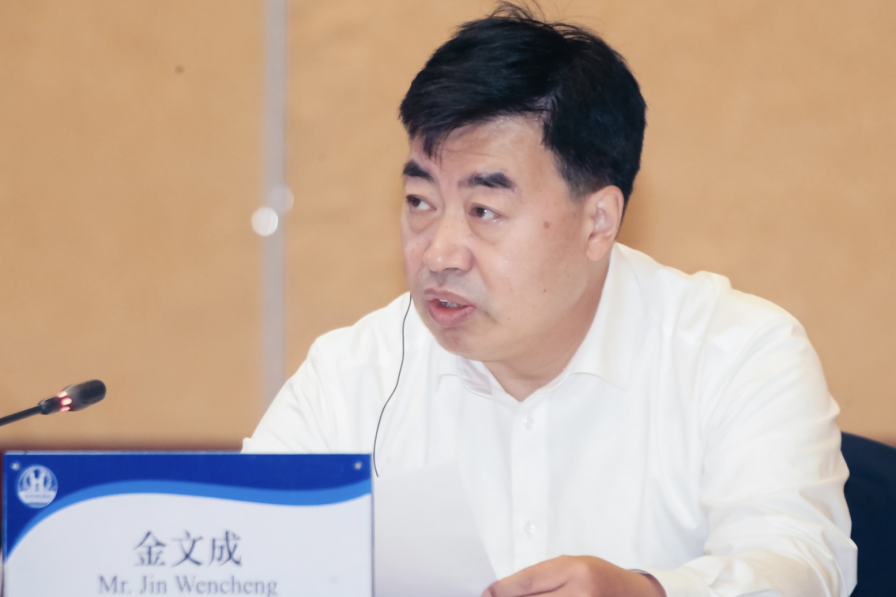
Jin Wencheng, Director General, Research Center for Rural Economy, Ministry of Agriculture and Rural Affairs, China
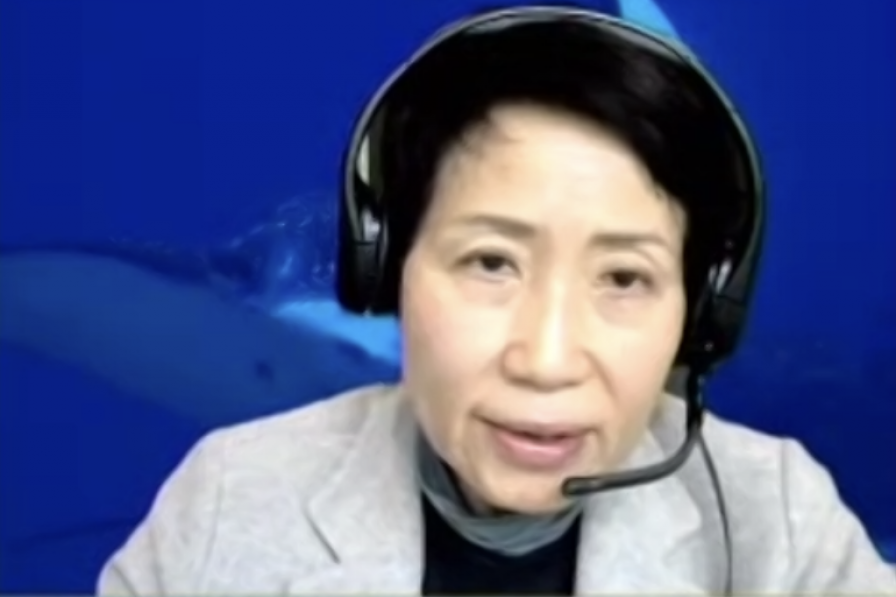
Naoko Ishii, CCICED Member, Professor, Executive Vice President and Director of the Center for Global Commons, University of Tokyo, and former CEO and Chairperson, Global Environment Facility
Practice and Innovation of Global Green Value Chain (The Need for a Guarantee and Incentive Mechanism)

Kathleen McLaughlin, CCICED Member, Executive Vice President and Chief Sustainability Officer for Walmart Inc. and President, Walmart Foundation
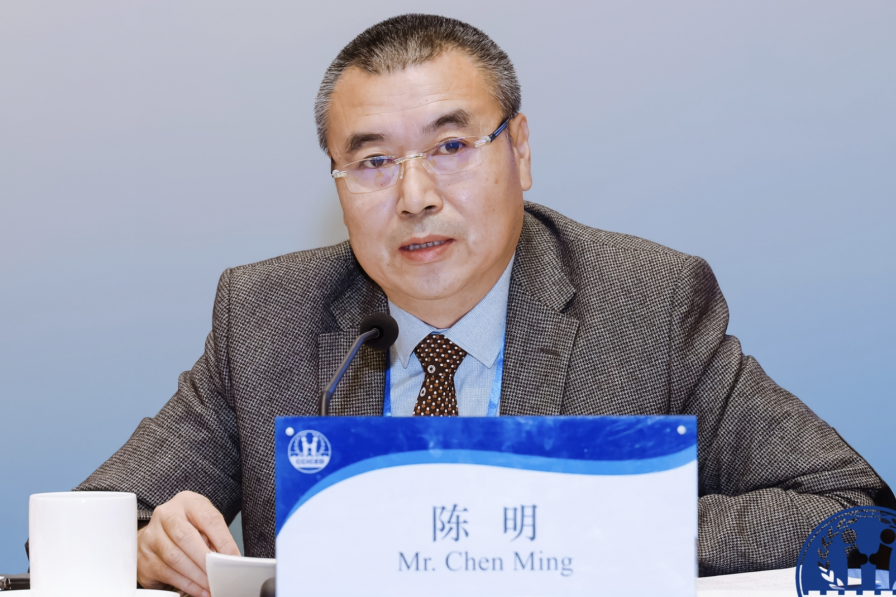
Chen Ming, Deputy Chinese Co-Leader, Special Policy Study on Global Green Value Chains, and Deputy Chief Economist, Foreign Environmental Cooperation Center, Ministry of Ecology and Environment
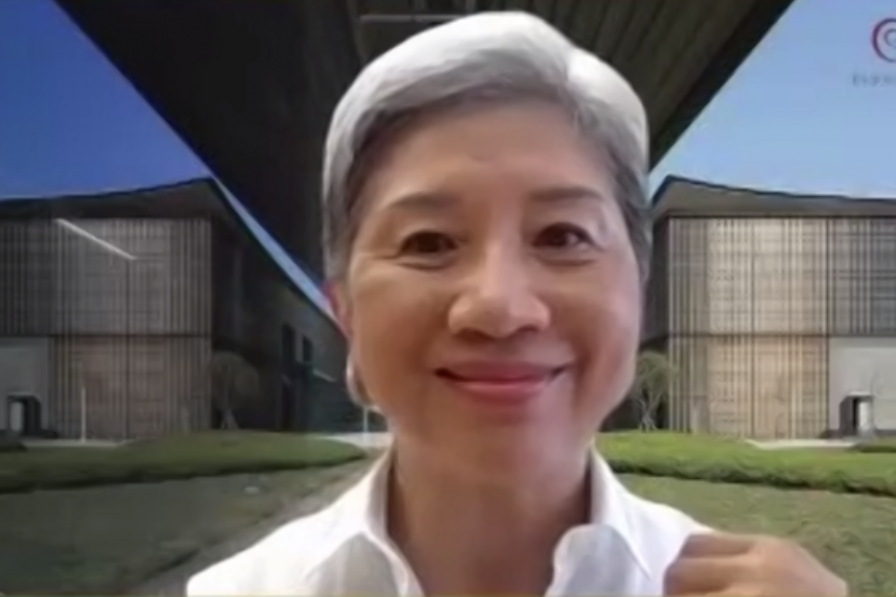
Marjorie Yang, CCICED Member, Chinese Leader of the Special Policy Study on Global Green Value Chains and Chair, Esquel Group
Green Value Chain in Conserving Global Biodiversity and Curbing Climate Change: From Kunming to Glasgow
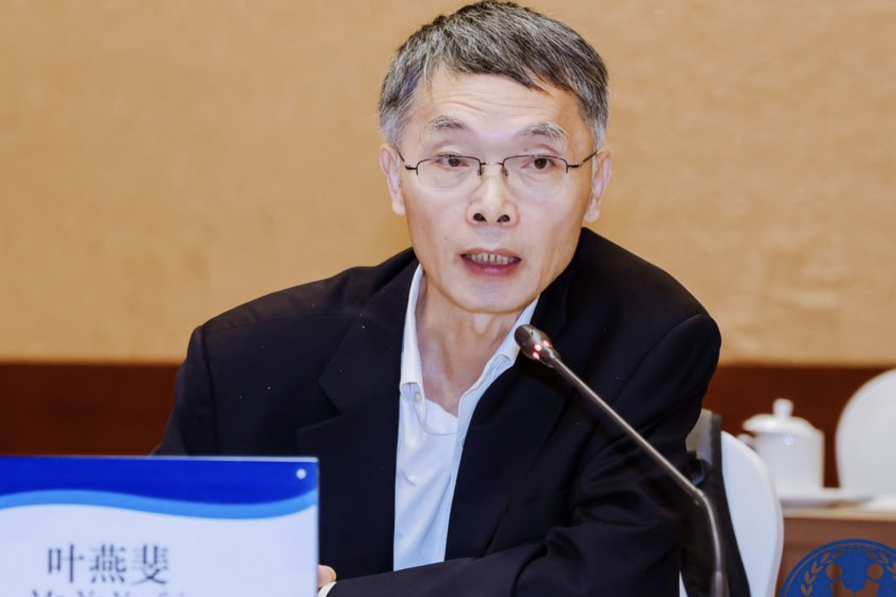
Ye Yanfei, Special Advisor of CCICED and Senior Inspectorate Advisor, Policy Research Bureau, China Banking Regulatory Commission
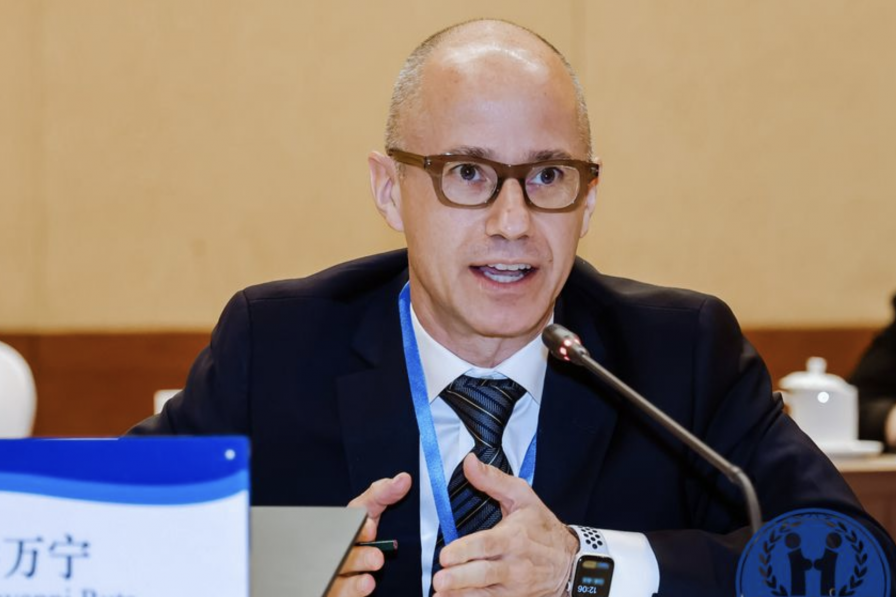
Giovanni Ruta, Lead Environmental Economist, Environment, Natural Resources and Blue Economy, World Bank
